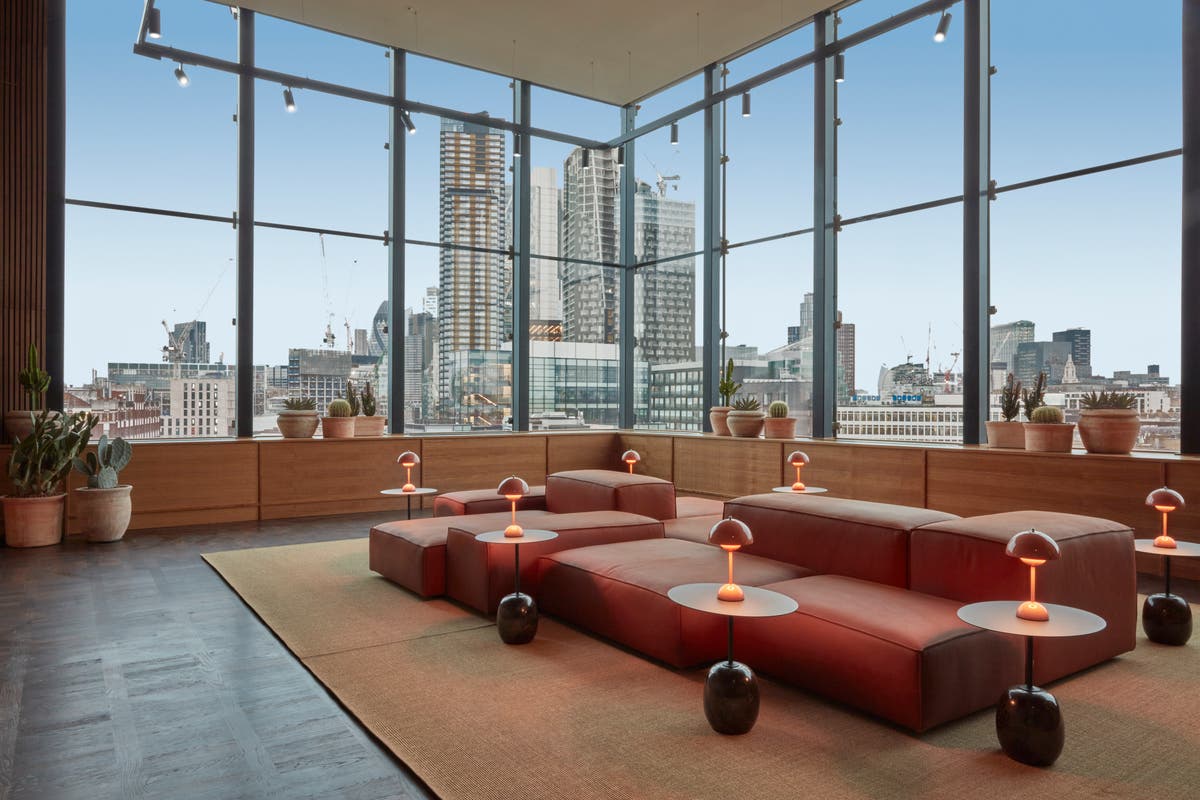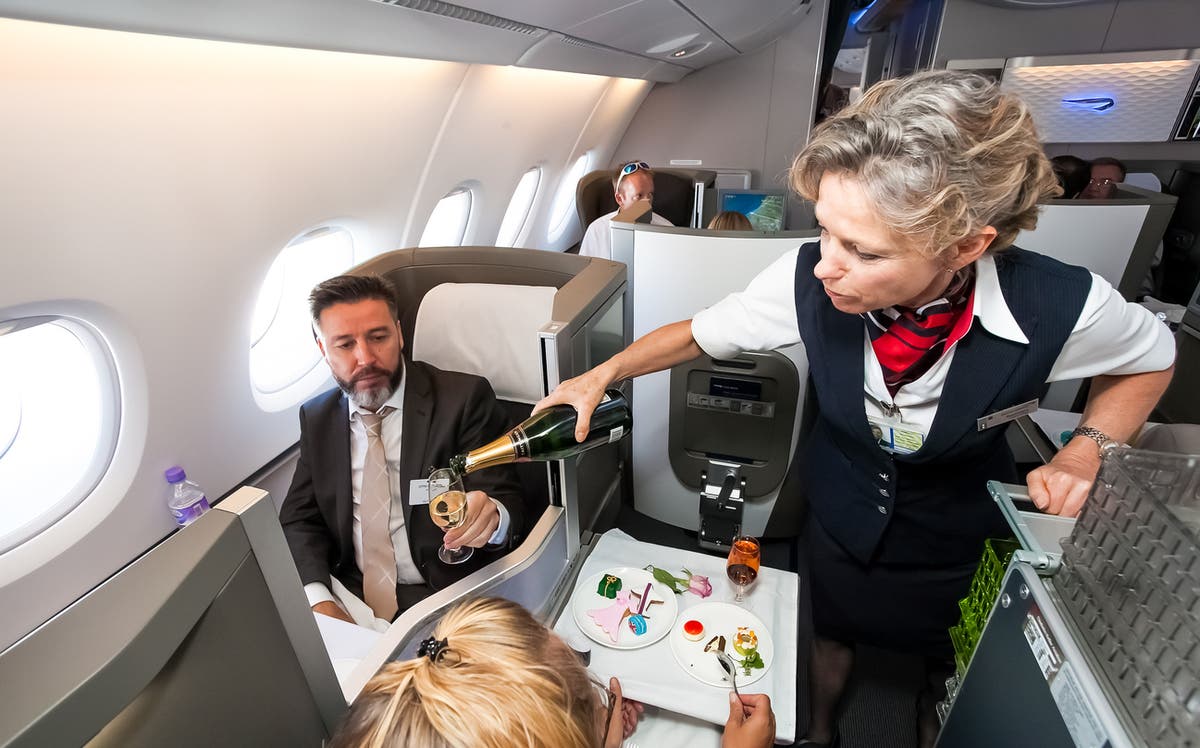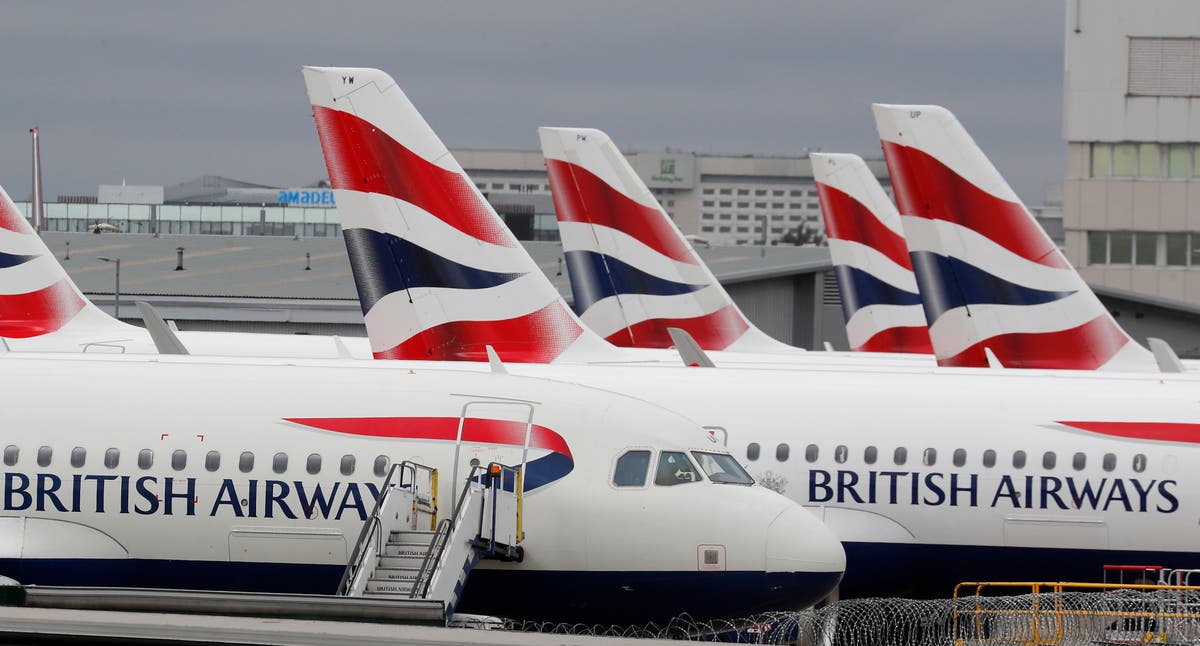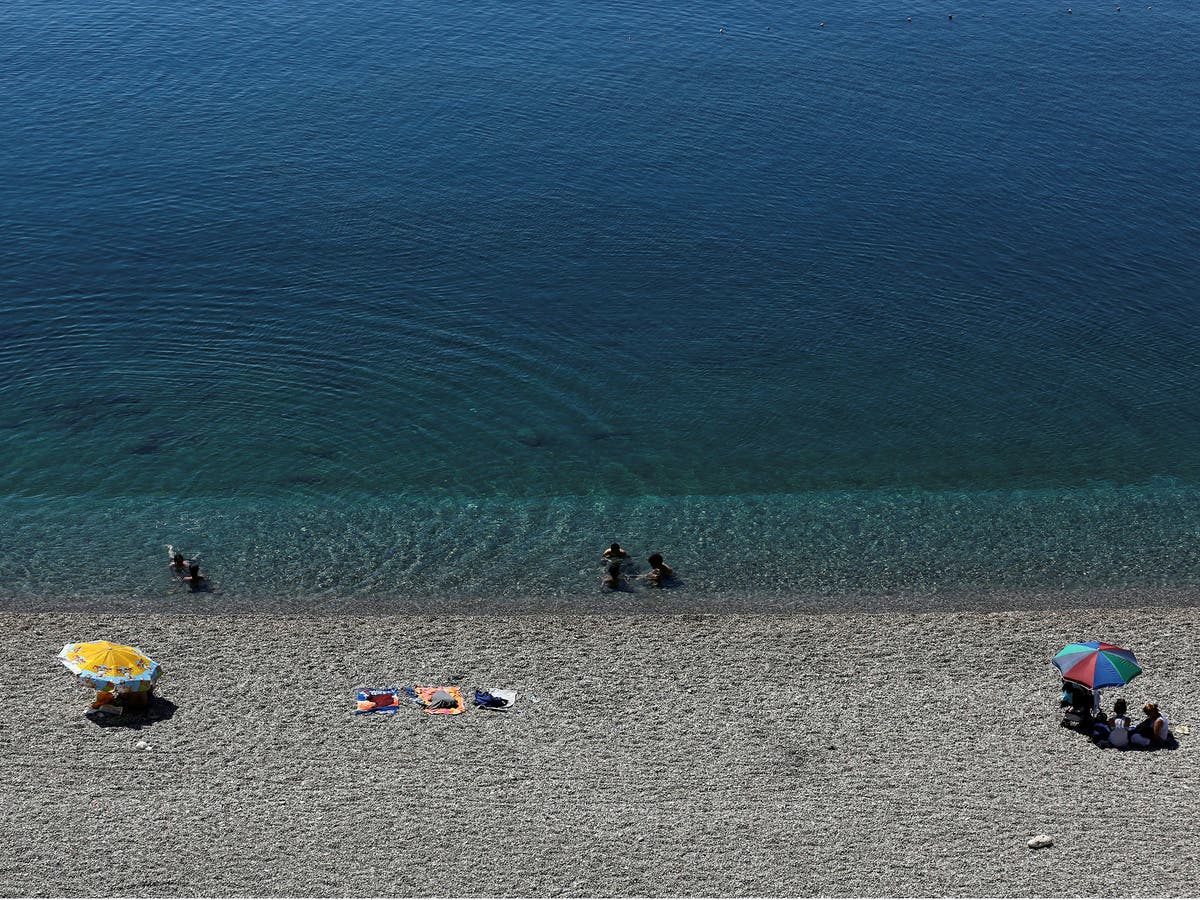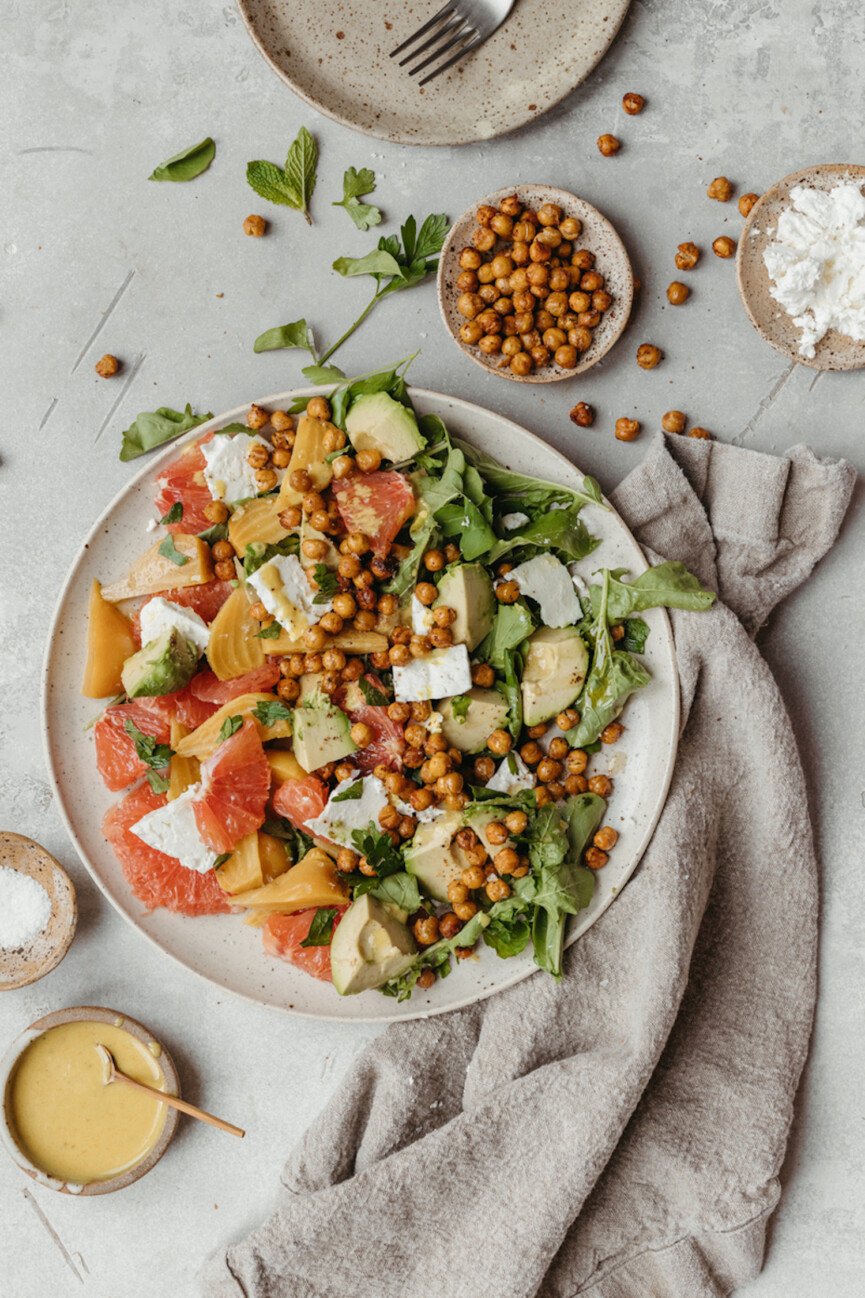Barbados travel guide: Where to go and what to see on the Caribbean island
Tropical relaxation is a given, but Barbados is more than fly-and-flop holidays – hiking, snorkelling, history and fantastic food (plus rum) are all to be found on this beautiful island
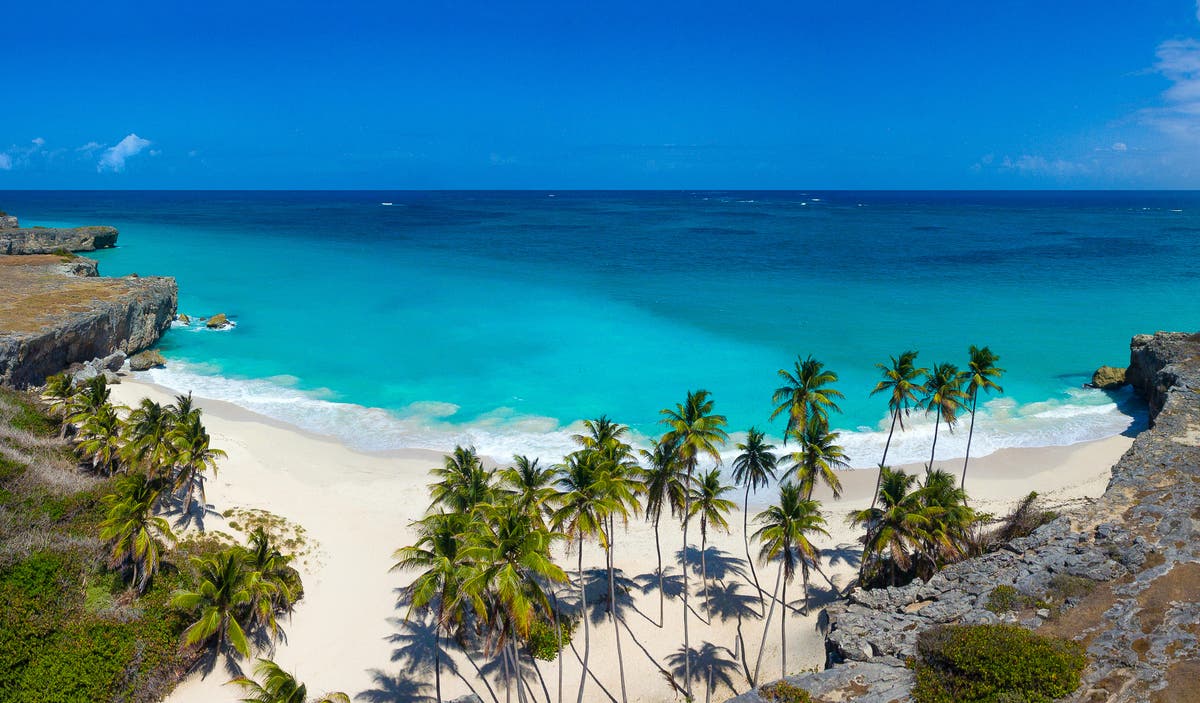
Sign up to Simon Calder’s free travel email for expert advice and money-saving discounts
Get Simon Calder’s Travel email
Set 100 miles east of the main curve of the Caribbean islands, this small, easygoing isle is where many of us get our first taste of this balmy region.
A good choice for families, with beach resorts to suit all budgets, it’s only 21 miles long and 14 miles wide but packs in a lot: rich heritage, varied landscapes, and a thriving restaurant scene. Most upmarket hotels sit beside the calm waters of the west coast, while the south is a more congested party zone with busy beaches and nightlife.
Although many visitors come to fly and flop, if you like to explore there is plenty to discover, from brightly-painted rum bars and venerable parish churches to challenging hikes and snorkelling with turtles.
Travel restrictions and entry requirements
All Covid-19 travel restrictions for UK travellers to Barbados have been lifted, and there are no testing requirements for entering Barbados whether you are vaccinated or unvaccinated.
All travellers need to complete online immigration and customs forms 72 hours prior to arrival.
Best time to go
Barbados is a year-round holiday destination that is busiest in the peak season from mid-December to Easter, when travellers from Europe and North America flock in for a winter sun holiday.
Officially, the hurricane season in the Caribbean runs from June to November with stormy weather most likely in September and October.
Read more on Caribbean travel:
For Bajans, the high point of the year is Crop Over, a spirited festival in early August that celebrates the end of the sugar cane harvest with costumed parades and calypso competitions.
Top sights
Bridgetown
In 2011, the island’s waterfront capital was awarded World Heritage status on account of its “outstanding British colonial architecture”. There are over a hundred landmark buildings, including the splendid neo-Gothic parliament, an inner harbour known as the Careenage and the military fortifications of the Garrison Historic Area. History fans should also visit the atmospheric Nidhe Israel Synagogue and its companion museum, which tells the story of the Jewish community that has been here since 1654.
Bridgetown has an inner harbour, synagogue, museum and colonial architecture
(Getty Images)
St Nicholas Abbey
Built in 1658, St Nicholas Abbey is a splendid Jacobean mansion set on a 400-acre plantation with magnificent trees, a scenic train ride and a free tasting of its superb single cask rums. Guided tours point out historic treasures, such as a Chippendale staircase and a grandfather clock from London that has been dutifully ticking away since 1759. A highlight is a 20-minute black-and-white home movie, discovered by chance in a drawer, that shows life on the estate in the 1930s.
Harrison’s Cave
This dramatic, three-mile-long cave system lies in the centre of this limestone island and can be viewed on an engaging hour-long underground tram tour. There’s also a new eco-adventure park with a 100ft high zipline and a 14-test Gully Challenge Course (minimum age six), while the less brave can enjoy nature trails and rum tastings.
The wild east
Victorian travellers to Barbados went for its warm and invigorating sea breezes rather than the beach, so particularly appreciated the island’s rugged and windblown Atlantic-facing shores. While you need to take care when swimming here, this coastline is a scenic thriller with its green hills, rolling waves and laid-back, away-from-the-resorts mood. Head for Bathsheba, a popular spot for surfers, and Cherry Tree Hill further north which has superb views.
Popular surfing spot Bathsheba can be found on the island’s Atlantic-facing shores
(Getty Images/iStockphoto)
Barbados like a local
Go to the races
They’ve been racing horses at the Garrison Savannah track in Bridgetown since 1845, and it’s a terrific day out that draws an entertaining cross-section of island life. Meetings are held on Saturdays with the Sandy Lane Barbados Gold Cup, run in early March, the most prestigious event.
Take a hike
Every Sunday, the Barbados National Trust organises free, three-hour guided hikes around the island – both a good work-out and a chance to chat with islanders. Keen walkers can join a 6am “Grin and Bear” hike, or there’s a more leisurely “Stop and Stare” at 3.30pm. Donations welcome.
Catch some cricket
Cricket is a national obsession – the first club was founded here in 1806 and several roundabouts are named after cricketing heroes. The biggest matches and most boisterous crowds can be found at the Kensington Oval in Bridgetown, while village cricket is played every weekend. To find a match to watch, just ask around.
Kensington Oval in Brigetown, home to the biggets cricket matches
(Getty Images)
Best things to do
Hit the beach
Barbados doesn’t have the best or longest beaches in the Caribbean but they are nevertheless delightful. There’s a huge variety so always have your swimming things to hand – Brownes Beach, right next to Bridgetown, is a typical dazzler, while Rockley Beach (also known as Accra) is a south coast party spot that gets packed at weekends. If you have a car, seek out Crane Beach on the east coast, while families will appreciate the gentle waters of the west coast, such as at Mullins Beach.
Gardens of delight
The interior of Barbados has a wealth of parks and gardens with mature trees and vivid flora. Two worth a special trip are Hunte’s Gardens in St Joseph, created in a gully over many decades by the passionate horticulturist Anthony Hunte, and the hillside Andromeda Botanic Gardens near Bathsheba. For a picnic, head for Farley Hill National Park in St Peter, with it magnificent ruined mansion, or Codrington College, founded in 1743, in St John.
Oistins Fish Fry
Every Friday night, the fishing town of Oistins on the south coast becomes a lively waterfront party, with food stalls, music and dancing. Both tourists and locals come together to sit at wooden tables, tucking into fried fish washed down with some local Banks beer or rum punch.
There’s a lively waterfront party every Friday night in the fishing town of Oistins
(Getty Images/iStockphoto)
Rum times
Barbados is considered the birthplace of rum, and it’s best known distillery, Mount Gay, has records dating back to 1703. For an introduction to its story, book a tour and tasting at the Mount Gay Visitor Centre in Bridgetown, while the Four Square Rum Distillery in St Philip is a working factory with a self-guided trail. Alternatively, visit one of the island’s 1,000-plus rum shops that are a mix of bar, convenience store and social centre.
Getting around
Barbados is one of the few Caribbean islands with a decent bus service, and most travellers use it for journeys along the west coast. The blue and yellow vehicles are government-run and Bridgetown is the hub. Stops are marked “To City” and “Out of City”, and there is a flat fare of BDS$3.50 (cash only).
Taxis are expensive, particularly at night, but their drivers do offer rewarding island tours – ask your hotel for recommendations and agree the fare in advance (pay cash, tip customary). Alternatively, rental cars are a fun way to explore – rather than pick one up on arrival, get it delivered to your hotel for two or three days in the middle of your holiday. Driving is on the left.
How to get there
There are direct flights from London Gatwick, London Heathrow and Manchester to Grantley Adams International Airport. These take just under nine hours, with a greater frequency in winter. Transfers to the west coast resorts take around 30 minutes.
Barbados is a major home port for Caribbean island-hopping cruises. These are an affordable way to explore the region. Although you only pay a brief visit to each port of call, there is always the option to stay longer on Barbados either side of the voyage.
For a flight-free option, some cruise lines have sailings that depart from Portsmouth or Southampton for a Caribbean islands tour, including a stop in Barbados. These take around 28-35 nights return.
Money-saving tip
Package holidays are the most cost-efficient way to visit with all-inclusive resorts particularly attractive to budget-conscious couples and families. Prices are lower outside of the school holidays with May to June and September to early December generally cheaper. Self-catering is another way to save money – you can buy fresh fish, fruit and vegetables from roadside stalls and markets while the Massy Stores supermarkets are large and well-stocked.
FAQs
What’s the weather like?
Warm and inviting year-round, with the driest months from December to May. In winter, pack a jacket or top for the evening.
What time zone is it in?
GMT-4.
What currency do I need?
The Barbados Dollar (BBD) is pegged to the US dollar at a fixed rate of BDS$2 to $1. You can also pay in US dollars but you’ll get a slightly better deal if you use local currency. Credit cards are widely accepted, at times with a surcharge, but have some small denomination cash for bars, buses and tips.
What language is spoken?
English.
Are there mosquitos?
Yes, and sandflies, so take some insect repellent.
Read more on the best winter sun hotels

 Koichiko
Koichiko 







